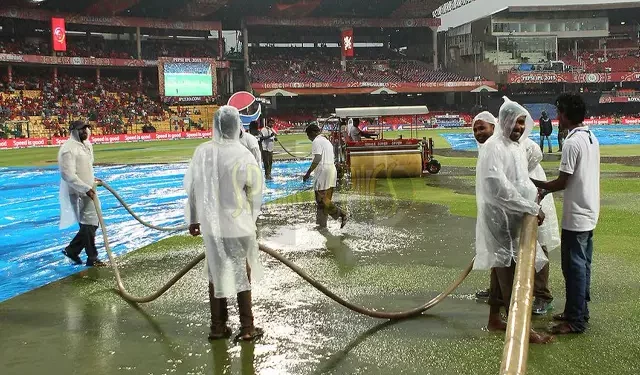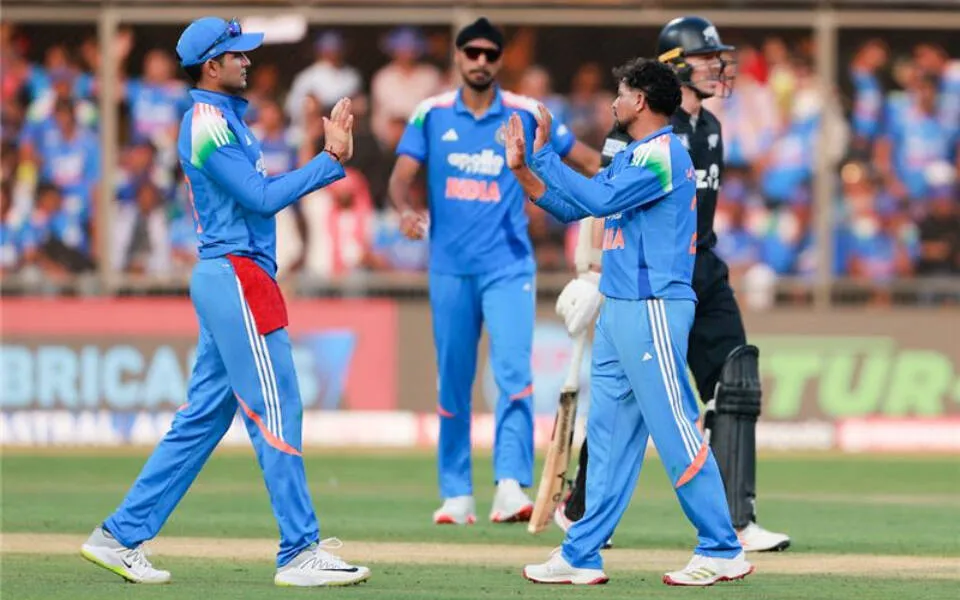In the midst of Bengaluru’s continuing water crisis, the National Green Tribunal (NGT) has requested information from the Karnataka State Cricket Association and other authorities regarding the amount of water used at the M Chinnaswamy Stadium for the IPL matches.
Additionally, the NGT has ordered the Karnataka State Pollution Control Board (KSPCB) and the Bengaluru Water Supply and Sewerage Board (BWSSB) to release details about the amount and source of water used at the Royal Challengers Bengaluru (RCB) home field. All involved parties have been requested to furnish all pertinent information by May 2.
“We are reviewing the notice, and the stadium is in compliance with NGT regulations as a result. The Times of India cited Shubendu Ghosh, the CEO of the Karnataka State Cricket Association (KSCA), as saying, “So, we are confident of going ahead with the matches.”
Also read: I like how Cummins is similar to MS Dhoni in one aspect: Tom Moody
Notably, the National Green Tribunal (NGT) started the proceedings when it was revealed that the Chinnaswamy Stadium was using treated water for the IPL games. The NGT took suo motu cognizance of the case. NGT Chair Justice Prakash Shrivastava and Expert Member Dr. A. Senthil Vel have both filed the case.
Three IPL matches have been held at the M. Chinnaswamy Stadium thus far, and during each one, approximately 75,000 liters of water were used. Interestingly, the city will host four matches on April 15, May 4, May 12, and May 18, respectively.
KSCA representatives deny utilizing potable water or groundwater for matches.
The Bengaluru Water Supply and Sewerage Board (BWSSB) allegedly granted the Karnataka State Cricket Association’s (KSCA) request for treated water supply to the stadium, specifically referencing the nearby Cubbon Park area.
Officials from the KSCA, meanwhile, have categorically denied using potable water or groundwater for maintenance operations like pitch and outfield cleaning. Concurrently, the government of Karnataka has imposed a strict prohibition on the use of potable water for non-essential uses such as car washing and gardening.




![[WATCH] IND vs NZ 2026: Virat Kohli gifts signed jersey to Daryl Mitchell after third ODI 5 [WATCH] IND vs NZ 2026: Virat Kohli gifts signed jersey to Daryl Mitchell after third ODI](https://cricketmood.com/wp-content/uploads/2026/01/Kohli-Mitchell.jpg)

